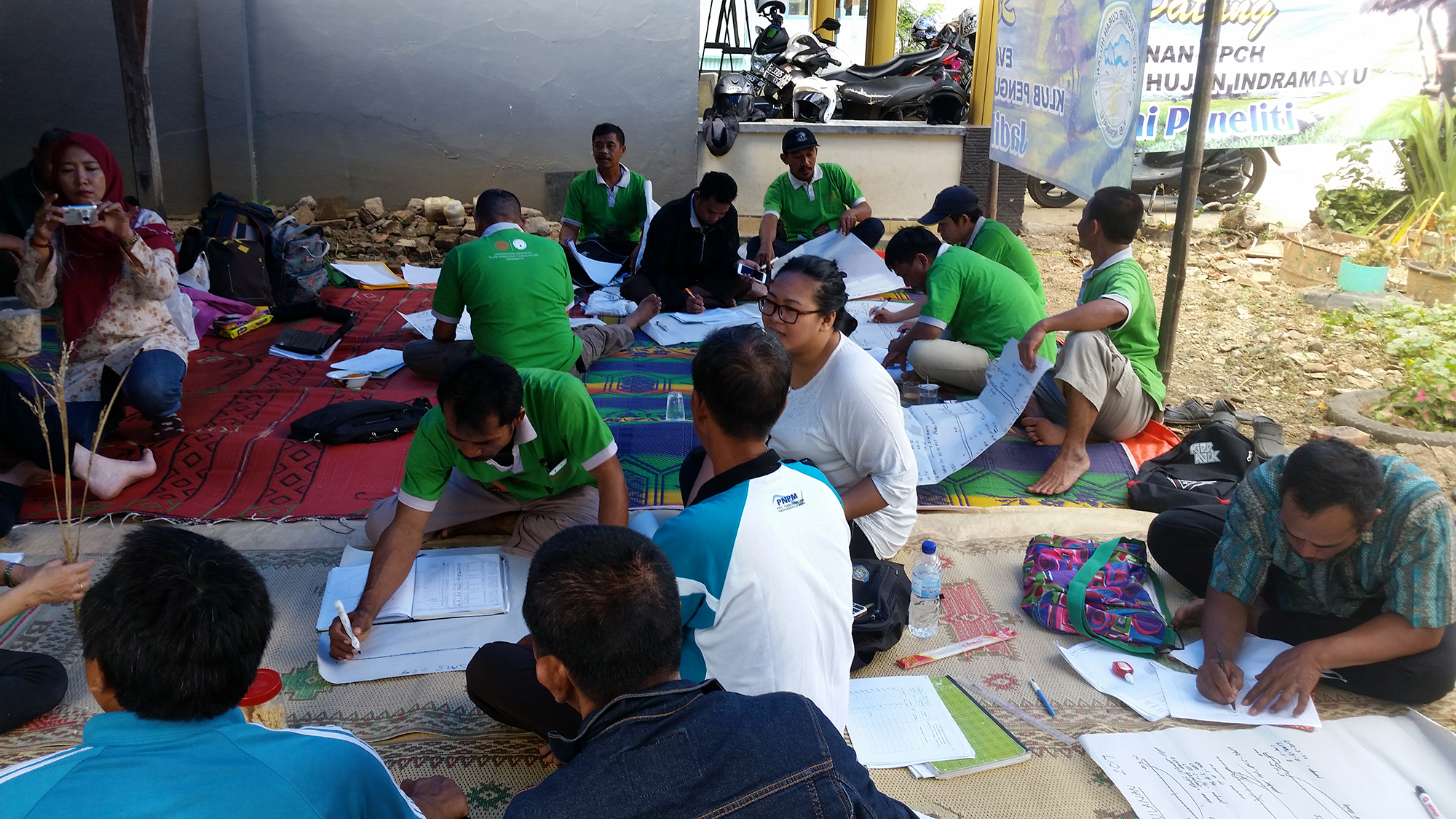Five minutes with... Christoph Antons
We welcome Professor Christoph Antons who has recently joined Macquarie Law School. Having studied for his PhD at the University of Amsterdam, Christoph has held academic positions at the University of Newcastle, Deakin University, the University of Wollongong, Charles Darwin University, La Trobe University and Griffith University.
Christoph’s research is geographically focused on Asia and concerned with intellectual property law, environmental law, and human rights, but also with law and society more broadly.
He coordinates several international collaborative projects and holds appointments at various prestigious institutions, such as the German Development Institute, one of the leading think-tanks for development policy worldwide.
With two ARC Discovery Projects currently underway, we find out about these and more.
1. Something you’d like staff to know about?
I am project lead on two ARC Discovery projects. One looks at the development of the Indonesian intellectual property system over the last 40 years and its economic, social and cultural impacts. The other one is on food security and the way local agricultural knowledge is governed in India and Indonesia. This project involves researchers at the University of Western Australia, Monash, the University of Indonesia and at SOAS, University of London.
2. Something you have recently accomplished?
Together with ARC project team members from the University of Indonesia, I finalised a book chapter and a journal article based on our fieldwork with farming communities. The publications analyse challenges for farmers involved in plant breeding after important changes to the legislative framework for their activities were introduced in 2019.
3. What do you need to do your best work?
A peaceful mind and a pleasant environment.
4. What people always ask you when they find out what you do for a living?
I used to get funny comments and questions if I said that I was working on intellectual property in Asia, because of the bad reputation of Asian countries in this respect. But this is changing with a more diverse intellectual property landscape in Asia and a more nuanced understanding here about the different impacts of these rights in different contexts and the challenges of introducing them.
5. Something you’ve read recently that has had an impact on you?
James C. Scott’s Seeing like a state: how certain schemes to improve the human condition have failed, which explores the tunnel vision that can sometimes be observed in state-led standardisation and development programs. Also, Eric R. Wolf’s Europe and the People Without History, on, in his own words, “the active histories of ‘primitives’, peasantries, laborers, immigrants, and besieged minorities”, who are too often overlooked in history books.
6. Your definition of success?
Continuing to develop in what one is thinking and trying to do, not standing still.
7. Where do you live and what do you like about living there?
I only recently joined Macquarie University from the University of Newcastle. I am still staying in the Lower Hunter region until later in the year, when moving closer to Sydney will hopefully become easier again. I love the coastal and bush walks in this part of New South Wales and my long-term goal is to do the Great North Walk in stages.
8. A personal quality you value in others?
Empathy – the ability to put yourself in the shoes of another person.
9. Something you’re trying to do differently in 2021?
COVID-19 means that fieldwork plans had to be postponed for this year. I am planning to hold focus group discussions, webinars and online discussions instead.
10. A favourite photo from your camera roll?
This picture was taken at a farmers’ meeting in West Java, Indonesia, during fieldwork for our ARC project. It shows local knowledge in action – farmers exchanging information on rainfall patterns and suitable rice varieties under conditions of climate change.